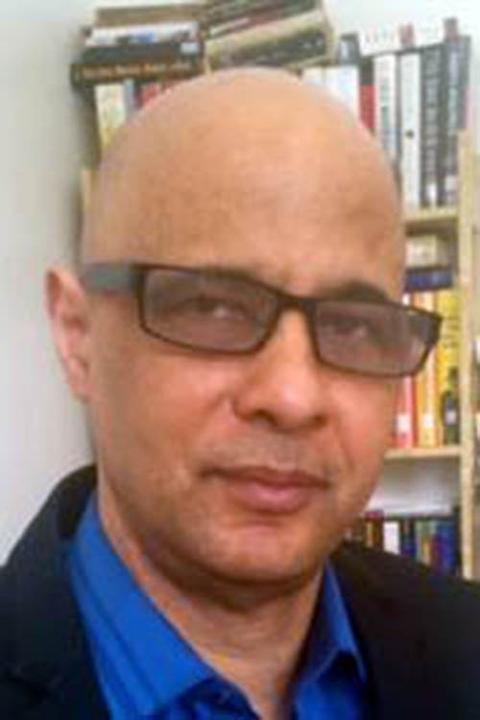 On Oct. 22, the College had the privilege of hosting a discussion led by Dr. Mellissa Ifill, a professor at the University of Guyana. Her discussion was part of the College’s global awareness forum that hopes to increase student understanding and interest in current global affairs. The discussion was hosted by the Political Science Department and explored Ifill’s findings o, “The Intersection Between Politics, Crime, and Ethnicity in Guyana.”
On Oct. 22, the College had the privilege of hosting a discussion led by Dr. Mellissa Ifill, a professor at the University of Guyana. Her discussion was part of the College’s global awareness forum that hopes to increase student understanding and interest in current global affairs. The discussion was hosted by the Political Science Department and explored Ifill’s findings o, “The Intersection Between Politics, Crime, and Ethnicity in Guyana.”
 On Oct. 22, the College had the privilege of hosting a discussion led by Dr. Mellissa Ifill, a professor at the University of Guyana. Her discussion was part of the College’s global awareness forum that hopes to increase student understanding and interest in current global affairs. The discussion was hosted by the Political Science Department and explored Ifill’s findings o, “The Intersection Between Politics, Crime, and Ethnicity in Guyana.”
On Oct. 22, the College had the privilege of hosting a discussion led by Dr. Mellissa Ifill, a professor at the University of Guyana. Her discussion was part of the College’s global awareness forum that hopes to increase student understanding and interest in current global affairs. The discussion was hosted by the Political Science Department and explored Ifill’s findings o, “The Intersection Between Politics, Crime, and Ethnicity in Guyana.”
Dr. Ifill specializes in international relations, history, violence, crime, politics and civilian security in the English speaking Caribbean. She has worked with the Guyana Ethnics Relations Committee and has worked with the UN on the Human Development Study of the English speaking Caribbean.
Guyana is a Caribbean state located on the northern coast of South America. The country has a rich history, and because of its role in the slave trade, it is ethically diverse. Many Indians were brought to Guyana after slavery was abolished as indentured servants to work in agriculture. Because of this, the country has always been defined by its cultural pluralism. This has caused some struggles for the country, as the two major ethnic groups the Afro Guyanese and Indians have had many clashes. Because of this crime is directly connected to crime in Guyana, and both groups see themselves as victims.
Since the 1950’s criminal activity and violence is most evident during political elections, which is the greatest threat to democracy in Guyana. Both ethnic groups have their own political parties and each one often resorts to violent tactics to gain control. Politicians employ criminals to scare people into voting a certain way, some people use violence to stop elections all together and others use it to challenge elections results. But it has created an intense atmosphere of fear for all Guyanese on Election Day. The current condition in Guyana Dr. Ifill believes is the worst it has ever been, but she is hopeful that there is a brighter future in store for the country, where elections are not about ethnic winners and losers.
This discussion is valuable for all students of politics because it helps shed more light on how democracy works in other areas of the world. Discussion like this are important because they help the College of Charleston community members become better global citizens, and as the world continues to grow smaller, it is important that college students become increasingly globalized.





